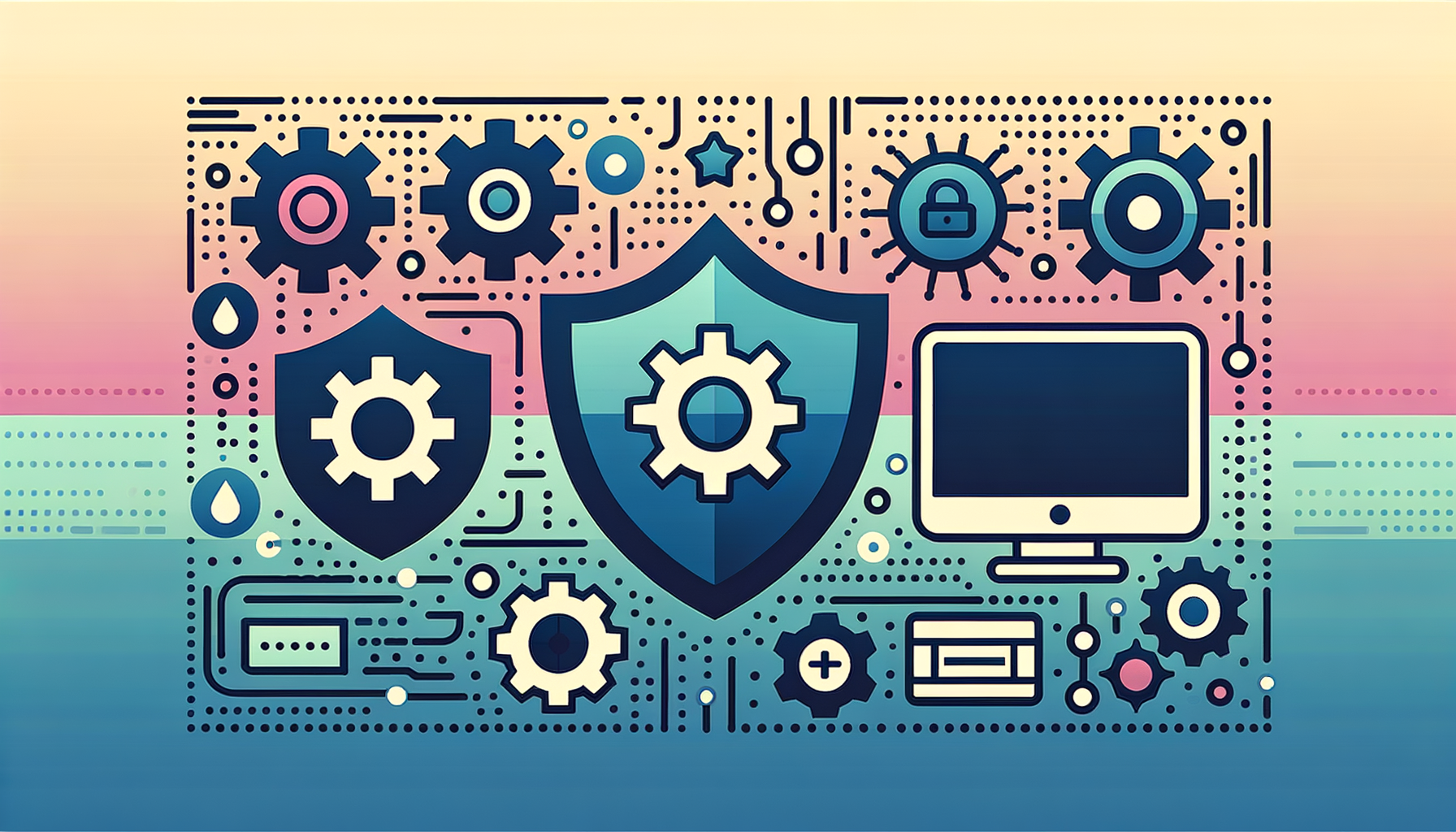
The Crucial Role of Maintenance in WordPress Site Security
Maintaining a WordPress site is more than just updating plugins and themes; it is a comprehensive process that ensures the security, performance, and overall health of your website. In this article, we will delve into the impact of WordPress maintenance on site security and malware prevention, providing you with actionable tips and real-world examples.
The Importance of Regular Updates
Keeping your WordPress core, plugins, and themes up to date is paramount for safeguarding your site against security vulnerabilities. Outdated plugins and themes are common targets for hackers, as they often contain unpatched vulnerabilities that can be exploited.
When updating, it’s essential to back up your site first to mitigate potential risks. You can use plugins like Jetpack, which offers automated daily backups and real-time backups, ensuring your site can quickly recover in case something goes wrong.
Backup Strategies for Data Protection
Regular website backups are a cornerstone of WordPress maintenance. These backups should include both files and databases to provide comprehensive coverage. For professional-level websites, daily backups are recommended, especially if your site is frequently updated.
Tools like UpdraftPlus, Duplicator, or BlogVault can help you manage backups efficiently. These plugins allow you to save full-site backups to remote locations such as Amazon, Dropbox, or private clouds, ensuring your data is safe even if your hosting account is compromised.
Uptime and Performance Monitoring
Monitoring your site’s uptime and performance is critical for detecting potential issues or security threats early. Downtime or sudden performance dips can indicate malicious bot activity, security breaches, server overload, or misconfigurations. Using tools like Kinsta’s performance monitoring (check out our Kinsta hosting solutions), you can quickly respond to downtime and maintain your site’s health and reliability.
Building a Routine Maintenance Schedule
A structured maintenance schedule is key to keeping your site safe and running optimally. This schedule should include tasks such as WordPress core updates, plugin and theme updates, regular backups, security scans, spam blocking and management, and database optimization. These tasks should be performed at least monthly, with critical updates applied as soon as they arise.
Before implementing a maintenance schedule, assess the required resources, including time, staff availability, and the need for external services. This ensures you have all the necessary support to stick to your plan and achieve long-term success.
Security Plugins and Tools
Installing a reputable security plugin is essential for enhancing your site’s security. Plugins like Sucuri Security, Wordfence Security, or Shield Security PRO offer features such as firewalls, malware scanning, login attempts monitoring, and website application firewalls (WAF). These plugins can help you identify and resolve security issues promptly.
For example, Sucuri Security provides file integrity monitoring, failed login attempts tracking, and malware scanning. You can also enable two-factor authentication (2FA) using services like Google Authenticator to add an extra layer of security to your login process.
Hosting and Server-Level Security
Choosing a secure web hosting provider is crucial for your site’s security. Look for providers that offer features like firewalls, DDoS protection, regular backups, and intrusion detection systems. For instance, Kinsta provides robust security measures, including automatic backups and a web application firewall (WAF).
Additionally, consider disabling directory browsing and XML-RPC in WordPress to prevent attackers from exploiting these features. You can also block IP ranges from countries you have no intention of doing business with to reduce the amount of probing on your site.
Best Practices for Enhanced Security
Several best practices can significantly enhance your WordPress site’s security:
- Use Strong Passwords and User Permissions: Avoid using the default “admin” username and use strong, unique passwords for all accounts. Use a password manager to generate and store complex passwords.
- Limit Login Attempts: Use plugins like “Limit Login Attempts Reloaded” or “WP Login Security” to make it harder for attackers to use brute-force methods to gain access.
- Change the Default Login URL: Plugins like “Custom Login Page URL” can help make it harder for automated bots to discover your login page.
- Disable File Editing and PHP File Execution: Prevent hackers from editing files directly from the WordPress admin area by disabling file editing and PHP file execution in certain directories.
Real-World Examples and Case Studies
Let’s consider a real-world example where regular maintenance and security measures saved a site from a significant security breach. A client of Belov Digital Agency had a WordPress site that was frequently updated with new content. By implementing a daily backup schedule using UpdraftPlus and regular security scans with Sucuri Security, the site was able to recover quickly from a malware attack that occurred due to an outdated plugin. The prompt response and robust security measures ensured minimal downtime and no data loss.
Conclusion and Next Steps
Regular proactive maintenance is essential for ensuring the health and security of your WordPress site. By following the best practices outlined above, you can significantly reduce the risk of security breaches and malware attacks.
- Assess Your Current Setup: Evaluate your current maintenance routine and security measures to identify areas for improvement.
- Implement Robust Security Tools: Use security plugins like Sucuri Security or Wordfence Security to monitor and protect your site.
- Choose a Secure Hosting Provider: Opt for a hosting provider like Kinsta that offers robust security features.
- Stay Updated: Keep your WordPress core, plugins, and themes up to date to patch vulnerabilities.
For further assistance in securing and maintaining your WordPress site, feel free to Contact Us at Belov Digital Agency. Our team of experts is ready to help you enhance your site’s security and performance.













